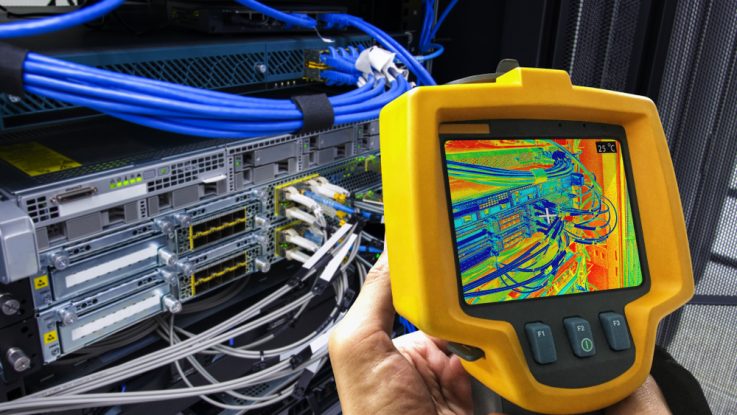
The US Department of Commerce and NOAA recently announced US$4.55 million in funding for two virtual centers of excellence to support community heat monitoring and resilience. The centers – which will be based in Durham, NC, and Los Angeles, CA – will be charged with enhancing community science observations and data collection on extreme heat, and providing assistance to communities planning for and evaluating heat resilience projects.
“The impacts of extreme heat caused by climate change are an increasing threat to our health, ecosystems and economy,” said U.S. Secretary of Commerce Gina Raimondo. “Thanks to President Biden’s ambitious climate agenda, this investment will support new NIHHIS Centers of Excellence to help protect historically excluded communities from the dangers of extreme heat, boost climate resilience and increase awareness on best practices to tackle the climate crisis.”
The Durham center – The Center for Collaborative Heat Monitoring – will receive US$2.3 million in funding to support community science observations and data collection on extreme heat so communities can observe, monitor and evaluate factors influencing heat risk at a local scale. The center will be based at the Museum of Life and Science in Durham, and will include three additional geographically dispersed sites, each serving a different region of the US: the Arizona Science Center; the Oregon Museum of Science and Industry; and the Museum of Science in Boston, MA. This will enable work to engage regional communities and connect with existing networks for public education and engagement.
In Los Angeles, The Center for Heat Resilient Communities will receive US$2.25 million in funding to support communities in determining the best strategies for local heat mitigation and management, leveraging federal investments to enhance heat resilience, and using decision-support tools to develop data-driven and equity-centered heat strategies. This center will develop and implement a Heat Resilient Communities Framework that brings together diverse expertise to identify and evaluate policies, protocols and lessons for heat resilience that can be applied in the U.S. and internationally.
“NOAA has a long history of working with communities to map urban heat islands and develop strategic heat resilience plans,” said NOAA Administrator Rick Spinrad, Ph.D. “This is an exciting opportunity to expand and enhance our efforts and develop extensive networks for sharing knowledge across multiple locations.”